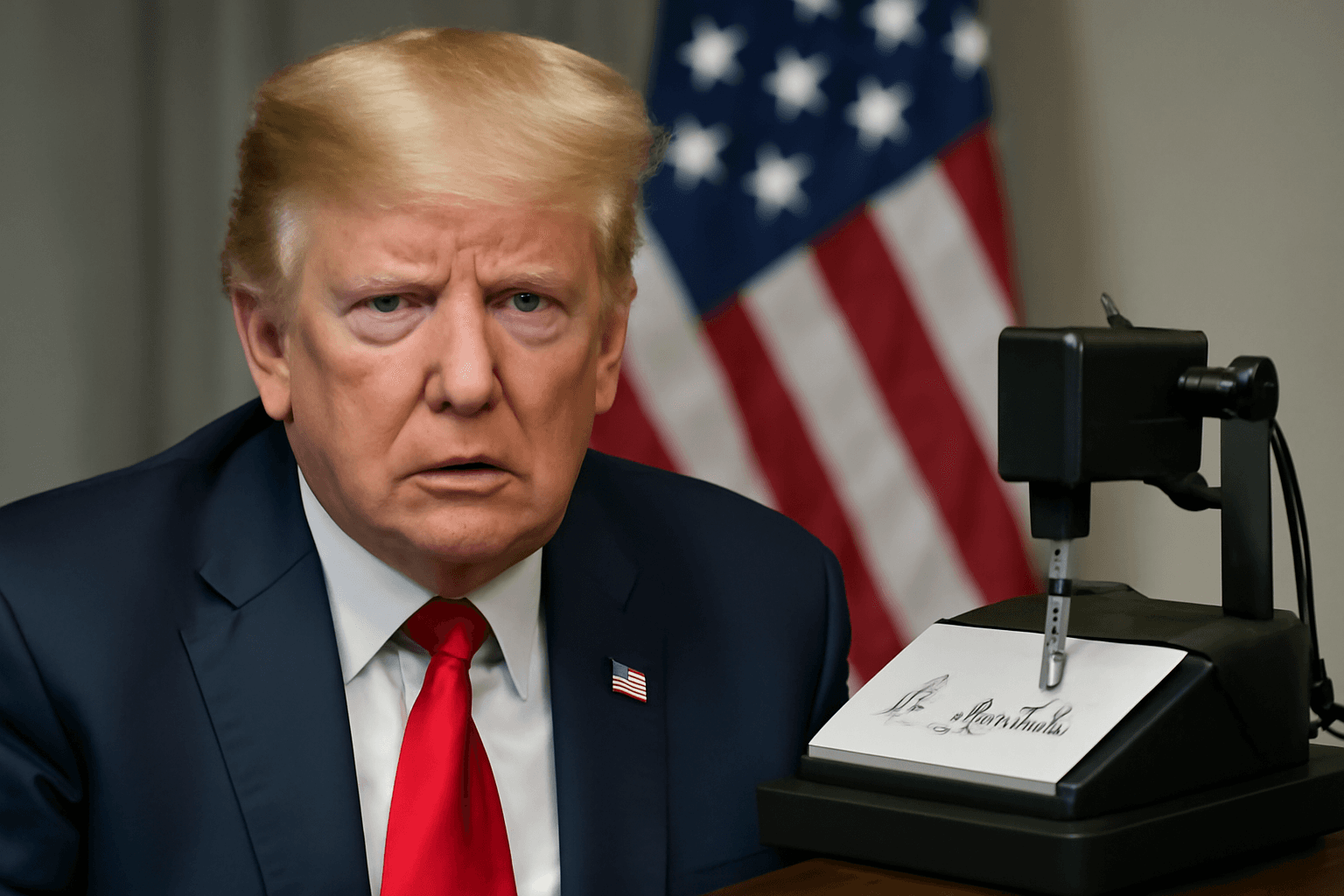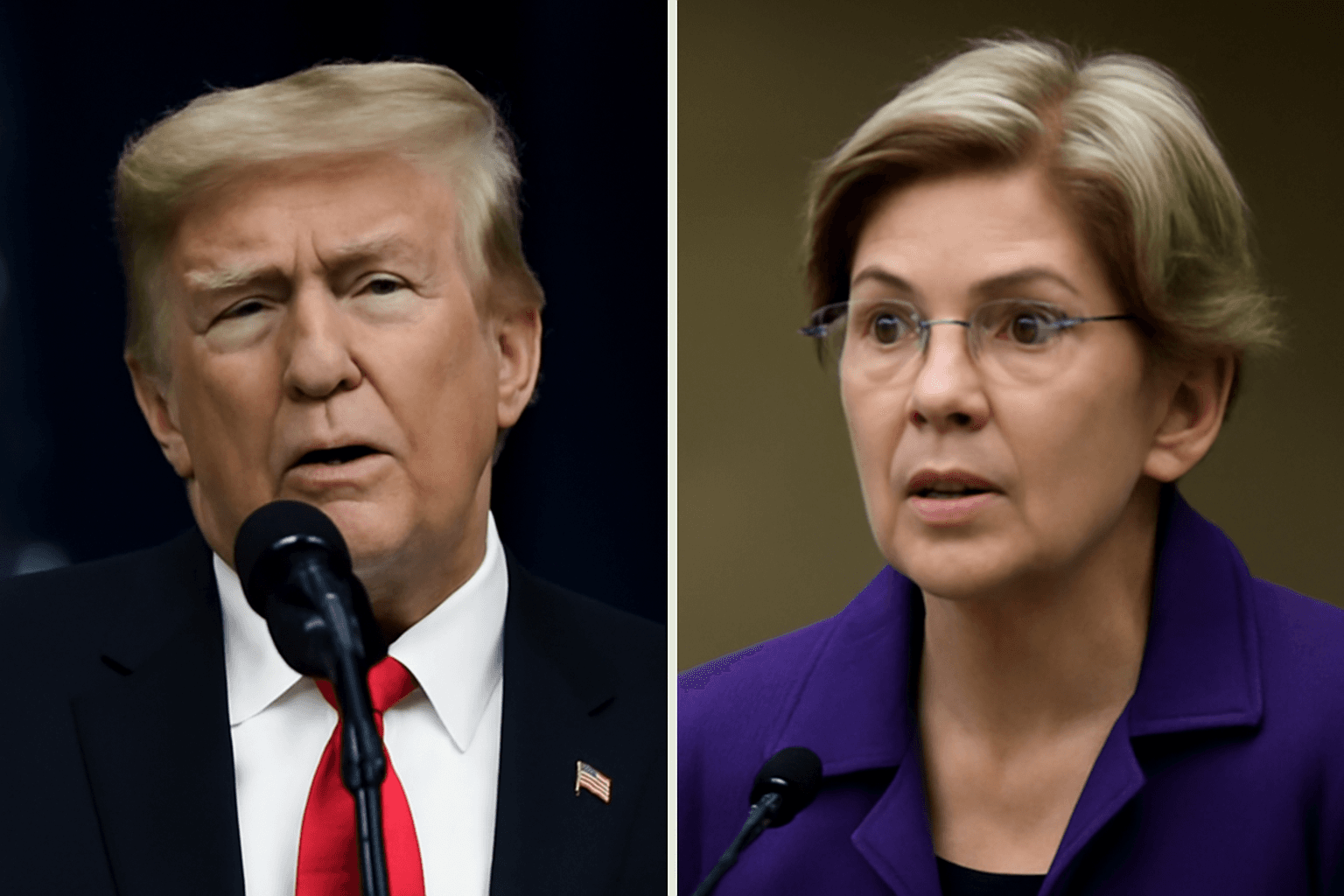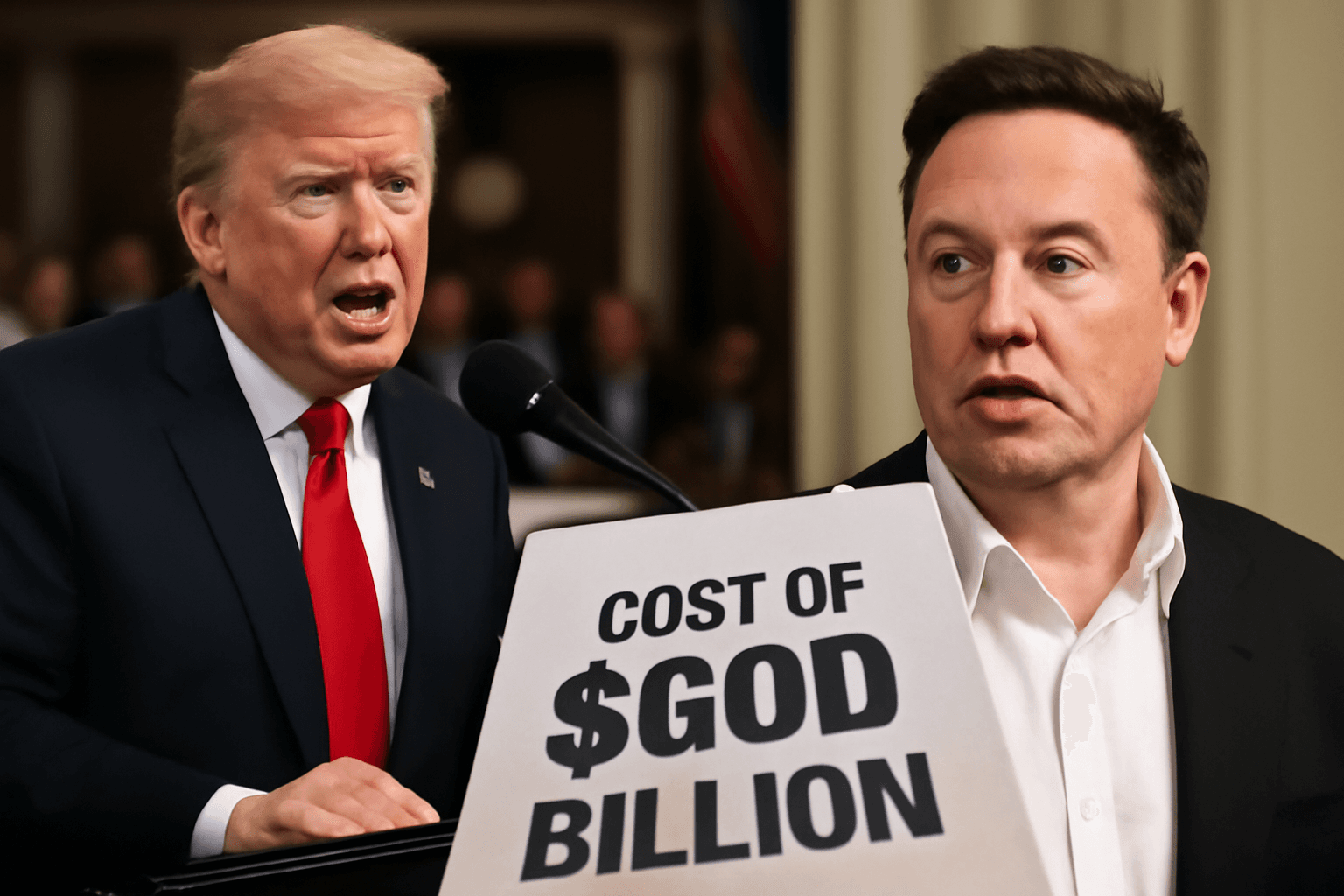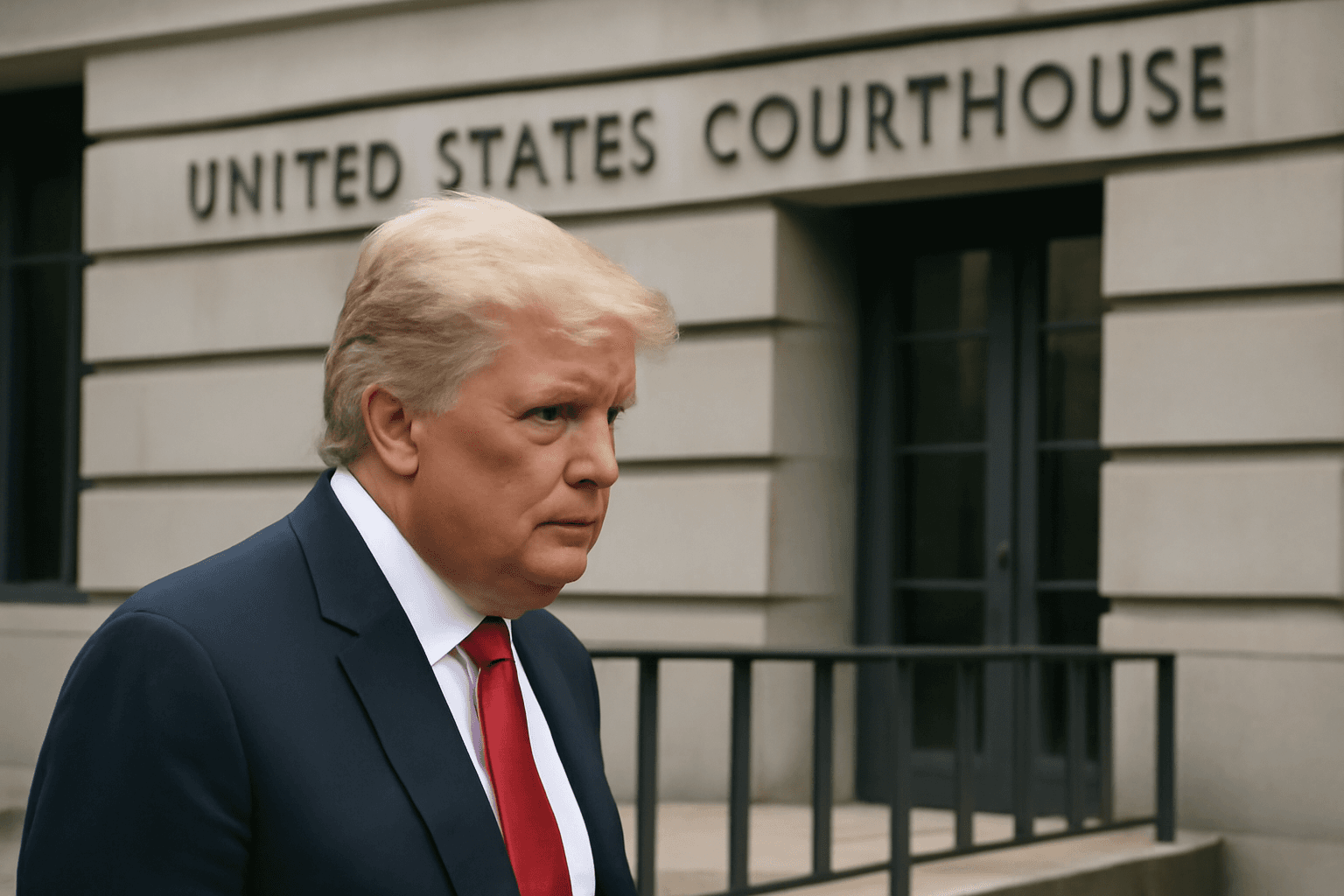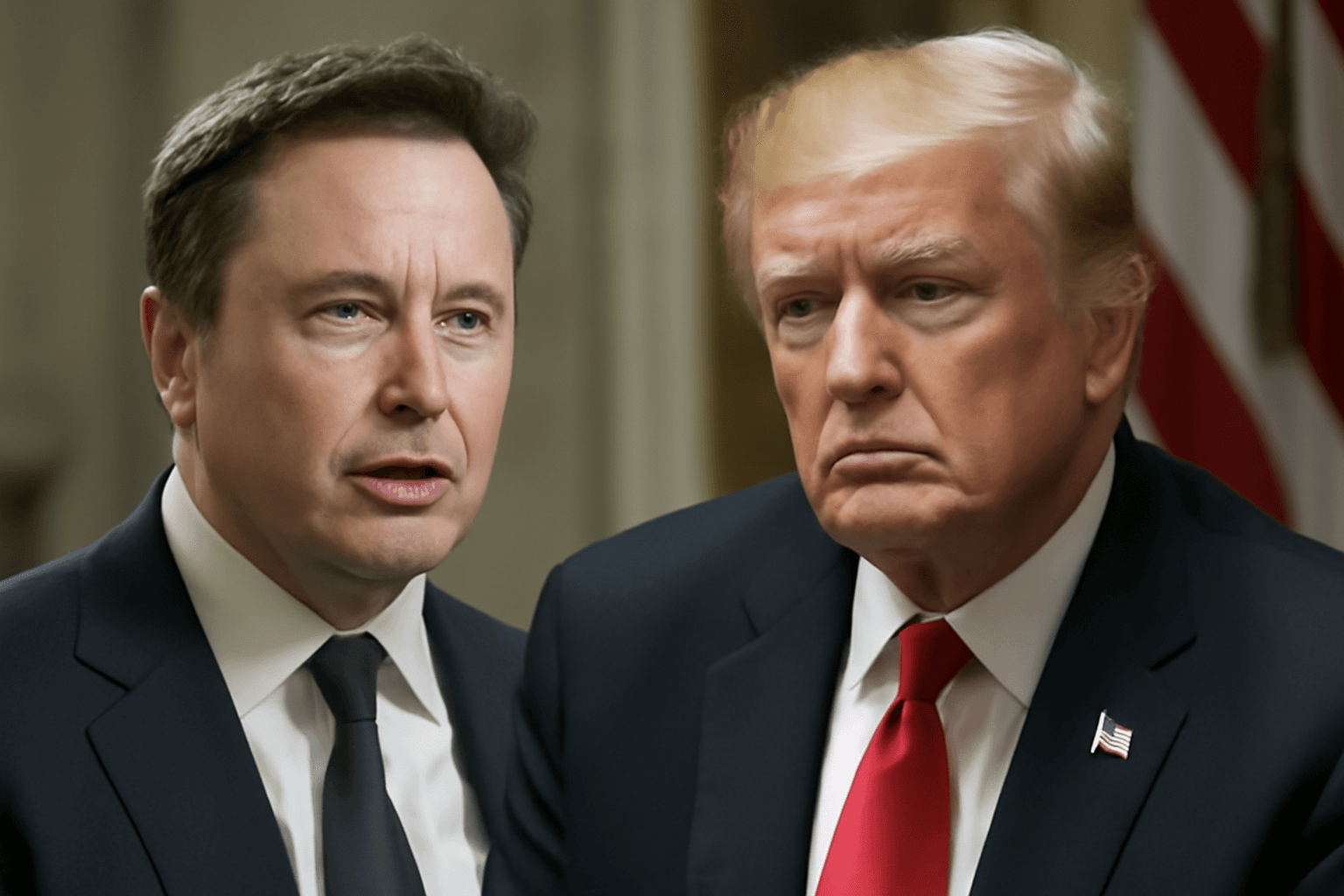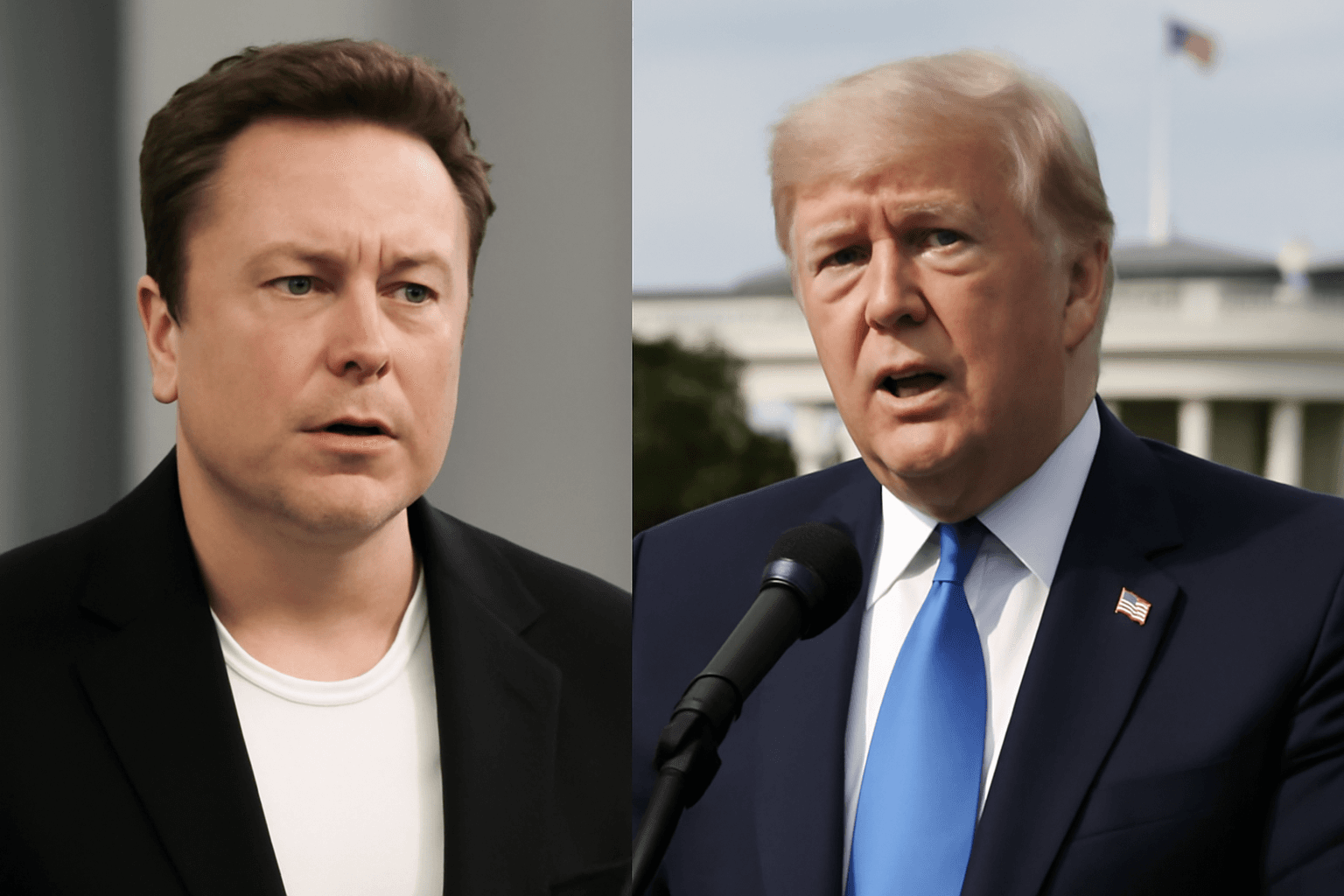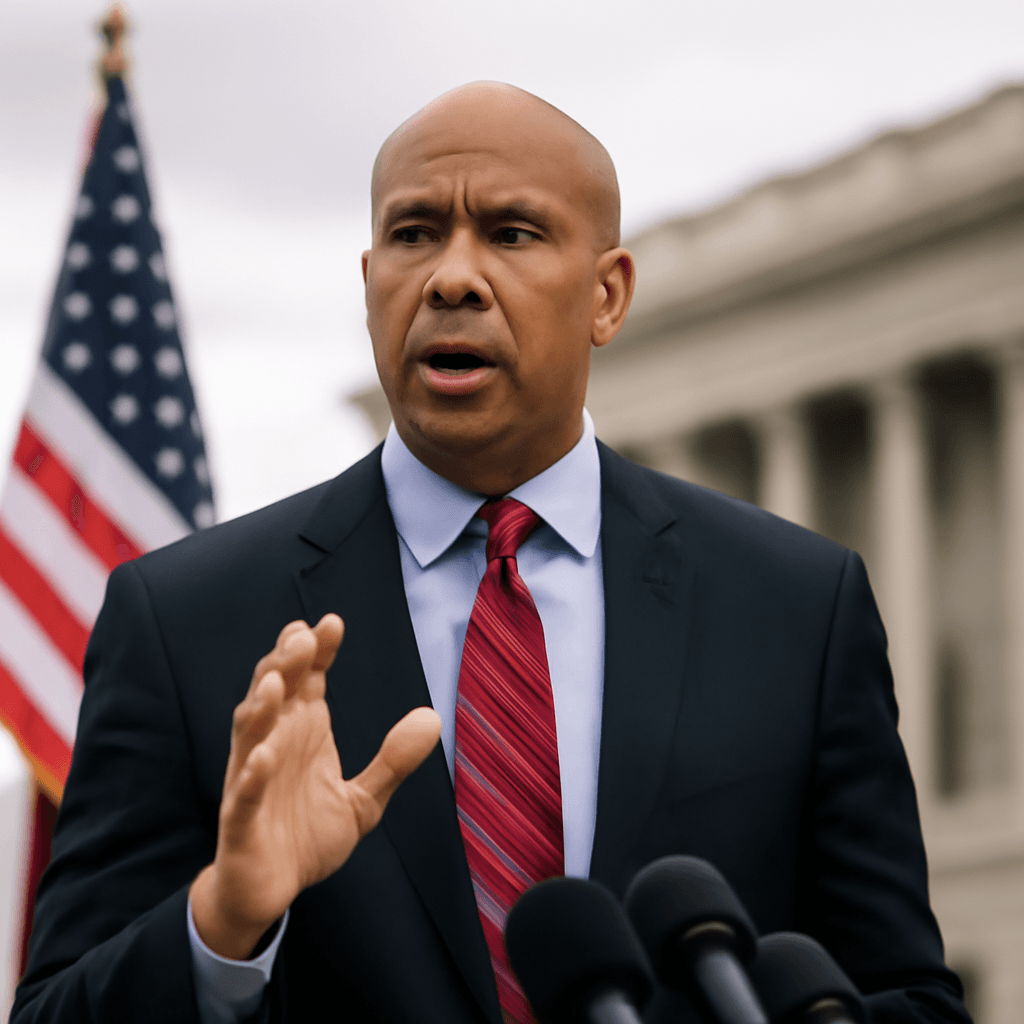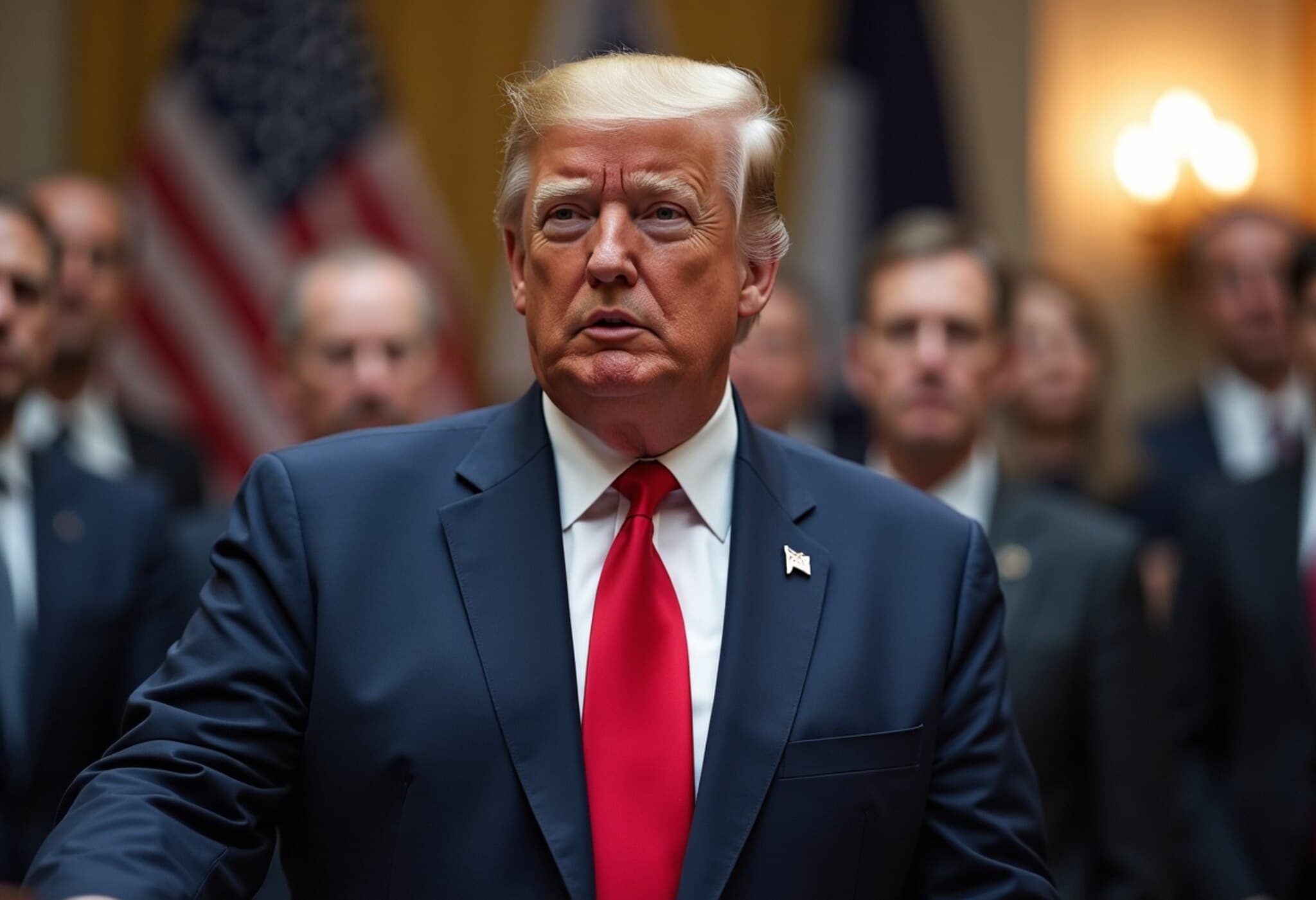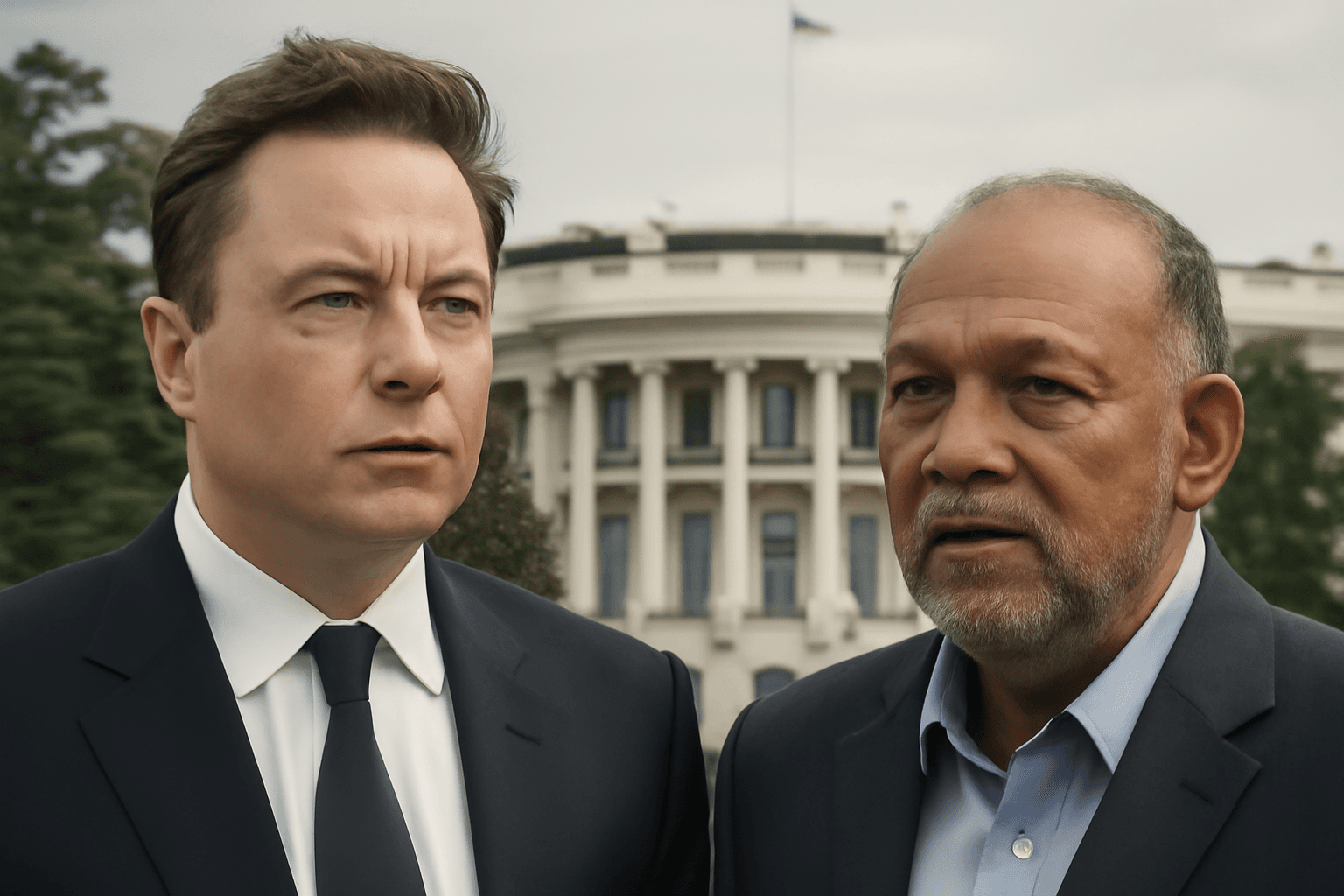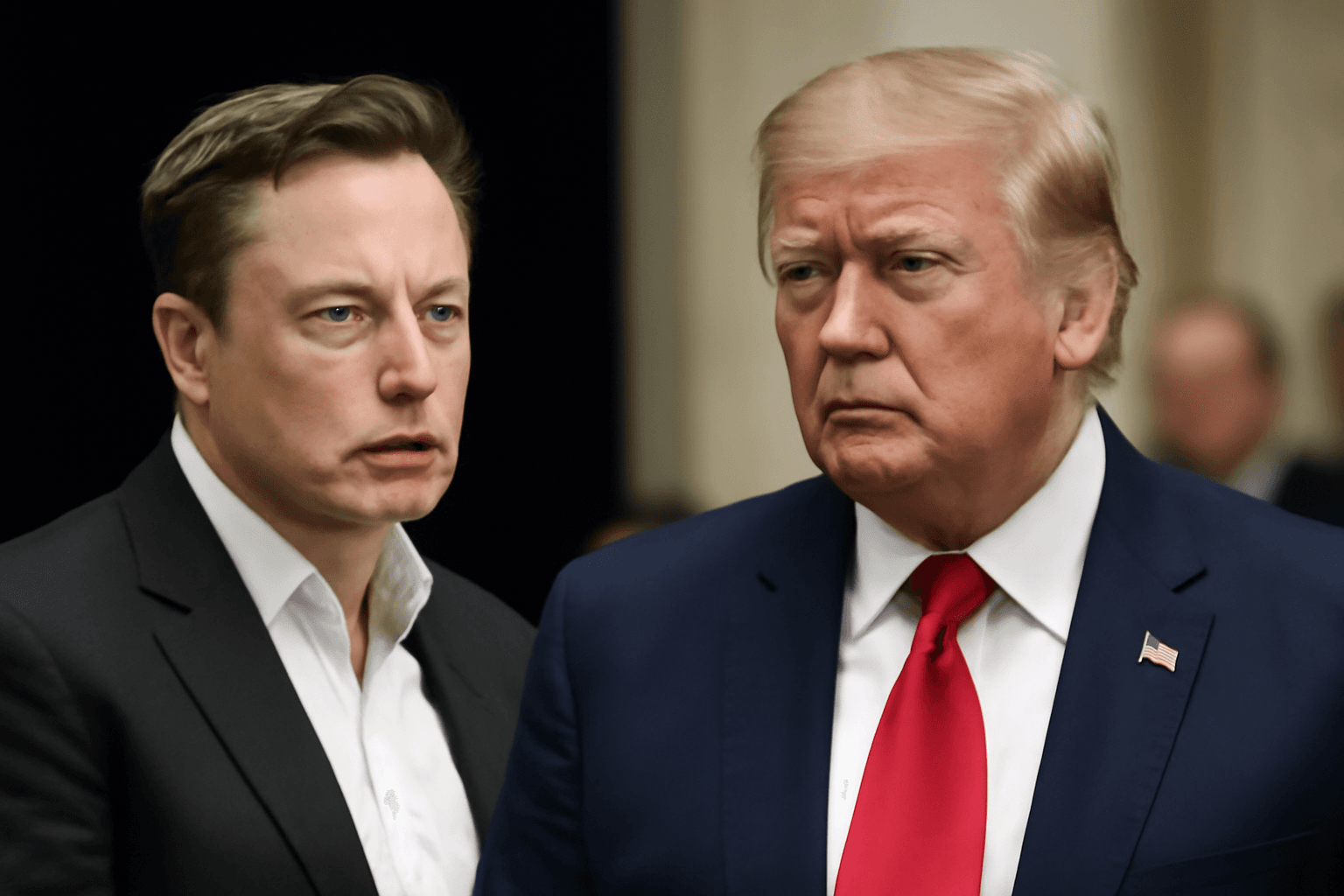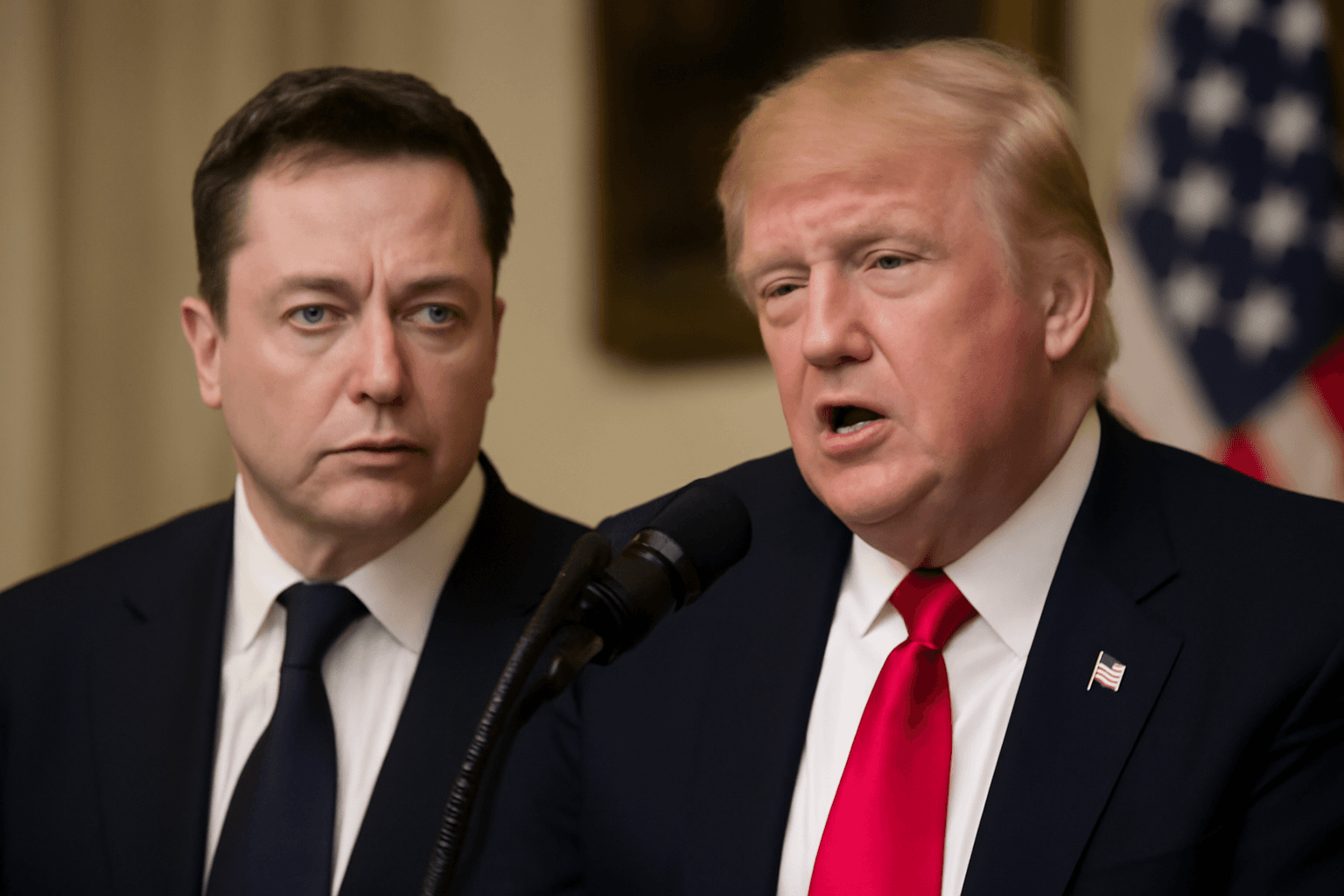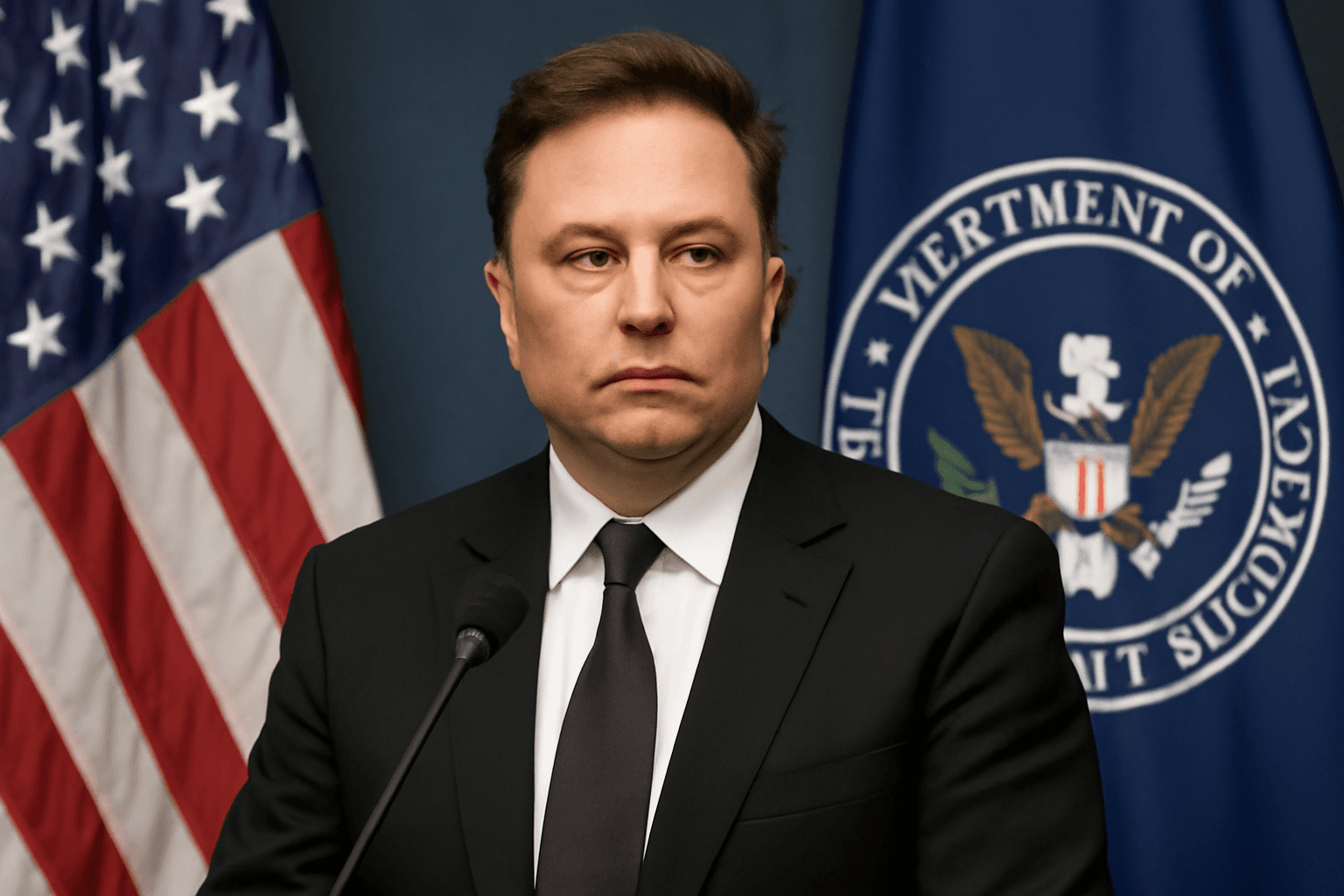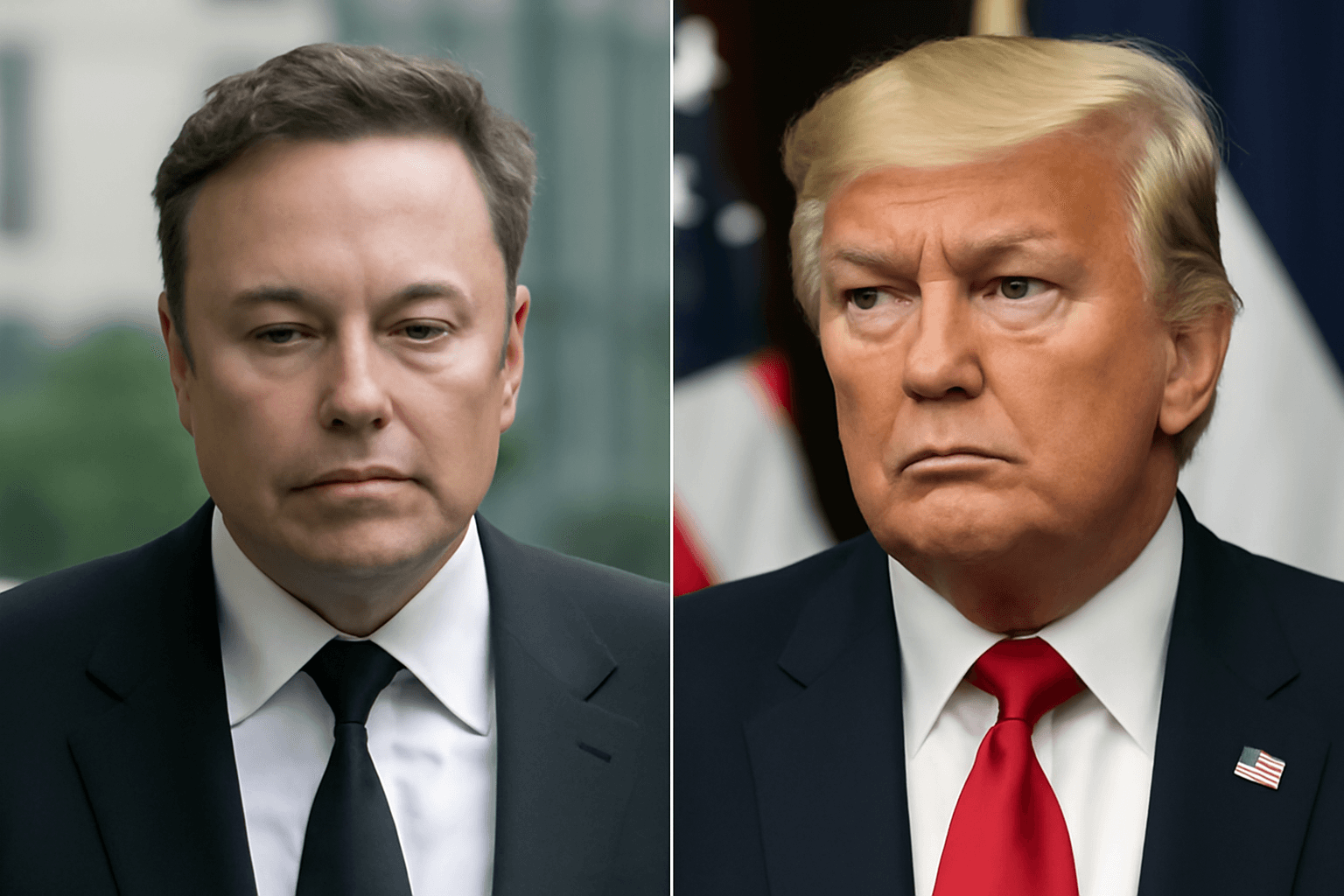Senator Cory Booker Declines Elon Musk’s Campaign Support
In the midst of escalating tensions between Elon Musk and former President Donald Trump, US Senator Cory Booker has firmly stated he will not accept campaign donations from the Tesla CEO. Addressing the situation on a national platform, Booker made it clear that despite Musk’s outspoken criticism of Trump, he would keep a distance from the billionaire's financial influence.
Booker Responds to Trump's Warning Against Musk
The feud between Musk and Trump has heated up recently, with Trump warning that Musk would face “serious consequences” should he financially back Democratic candidates in upcoming elections. Reacting to this, Booker voiced his disapproval of accepting Musk’s money during an interview on Meet the Press. However, he aligned with Musk’s stance on a critical Republican budget bill, describing the situation as a “Paul Revere moment” that demands urgent awareness.
"I would not accept money from Elon Musk for my campaign," Booker emphasized. Yet, he praised Musk for highlighting the potential negative impacts of the legislation, warning that average Americans could face steep cost increases if the bill passes. Booker characterized the legislation as symptomatic of ongoing "chaos, corruption and cruelty" under Trump’s policies.
Democrats Eye Opportunity as Musk Shifts Political Allegiance
Booker’s comments emerge as Democrats cautiously observe Musk's shifting political posture. Although Musk had backed Democratic candidates before 2022, he notably invested $270 million in Trump's 2024 reelection campaign, which was instrumental in Trump's victory. This pivot has sparked speculation about his future political engagements.
Recently, Musk posted on platform X, declaring, "In November next year, we fire all politicians who betrayed the American people," signaling his intent to challenge current officeholders, particularly those who supported the controversial budget. Democratic Congressman Ro Khanna reported discussions with Musk’s inner circle about potential support for Democrats in the 2026 midterms, seeing Musk’s opposition to policies like irrational tariffs and deficit-inflating bills as beneficial.
Khanna expressed optimism that Musk's criticism would turn towards MAGA Republicans instead of Democrats, highlighting the value of having an influential figure check what he describes as an "unconstitutional administration." He also reflected on the Democrats’ prior mistake in alienating Musk, which some blame for their 2024 setbacks.
Division Among Democrats Over Musk’s Influence
Despite these potential alliances, not all Democrats welcome Musk’s involvement in politics. Vermont Senator Bernie Sanders and New York Congresswoman Alexandria Ocasio-Cortez have openly criticized Musk for wielding excessive political power as a billionaire.
Sanders described Musk's evolution from a supporter of Barack Obama in 2008 to what he calls a "right-wing extremist," underscoring concerns about the growing influence of oligarchs in American politics. He condemned Musk’s self-proclaimed role in effectively purchasing the presidency, calling such power struggles an embarrassment to democratic values and the rule of law.
In light of this, Musk recently announced plans to dramatically reduce his political spending as he gradually withdraws from direct involvement in government affairs.
What This Means for the 2026 Elections
The unfolding dynamics between Musk, Trump, and the Democratic Party suggest a turbulent road ahead for upcoming elections. While Booker distances himself from Musk’s financial support, some Democrats see potential to harness Musk’s vocal opposition to certain Republican policies. Meanwhile, internal party debates continue about the implications of billionaires influencing political landscapes.
As the political arena braces for 2026, these conflicts highlight deeper tensions surrounding campaign funding, ideology, and the role of wealthy individuals in shaping America’s future.


